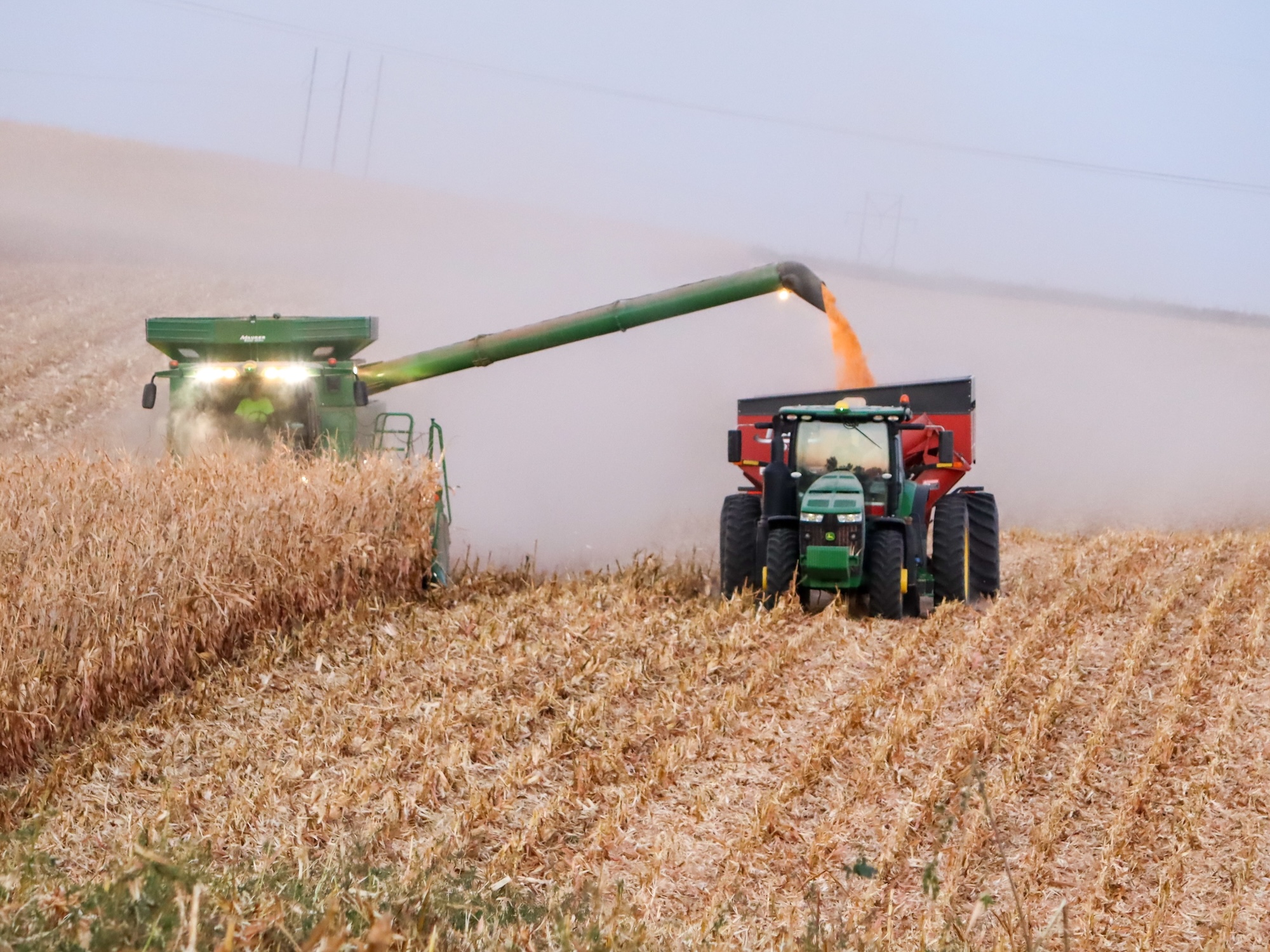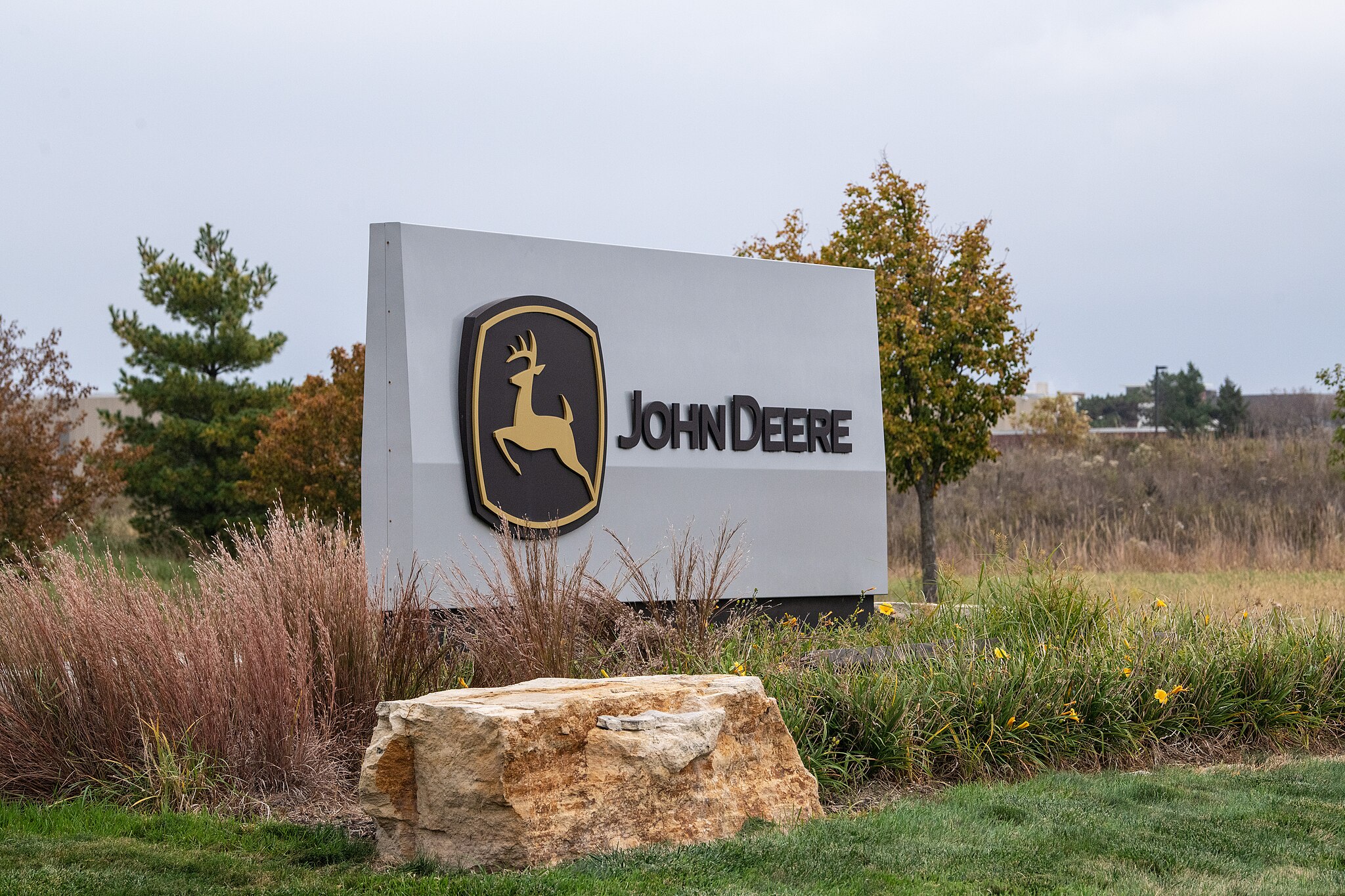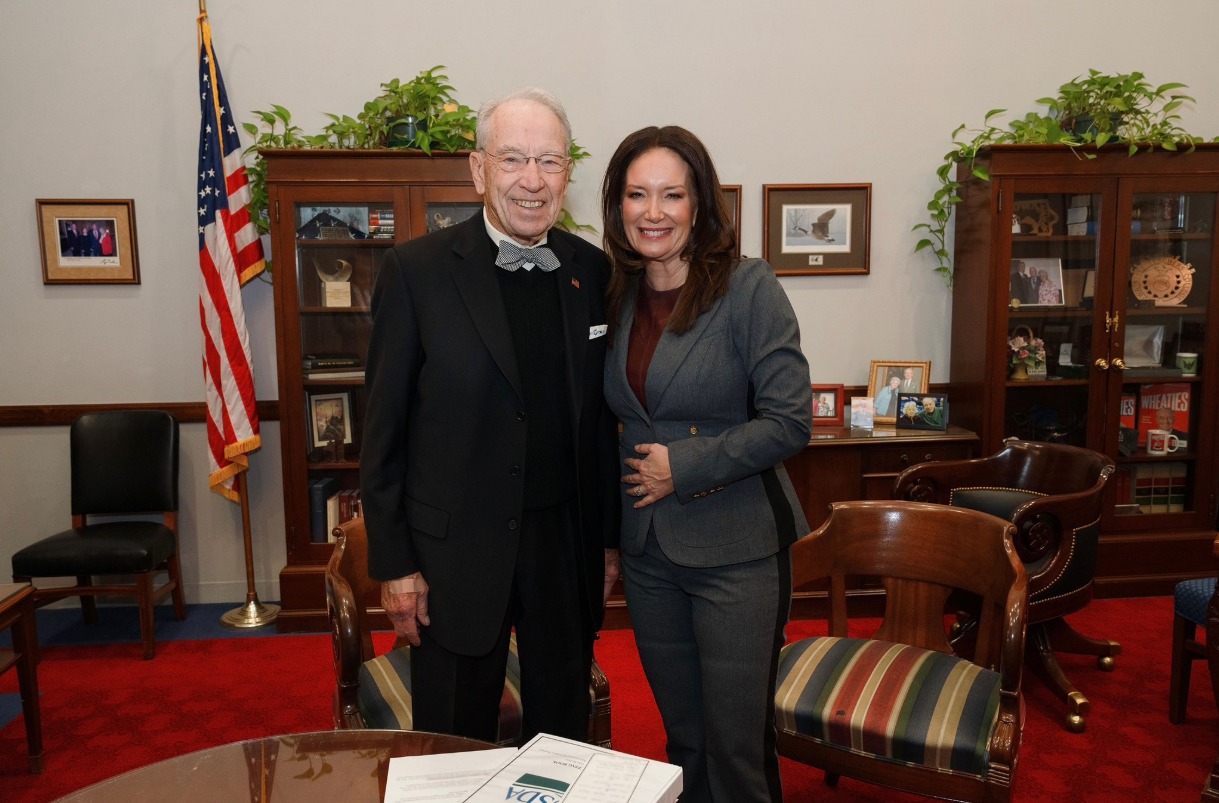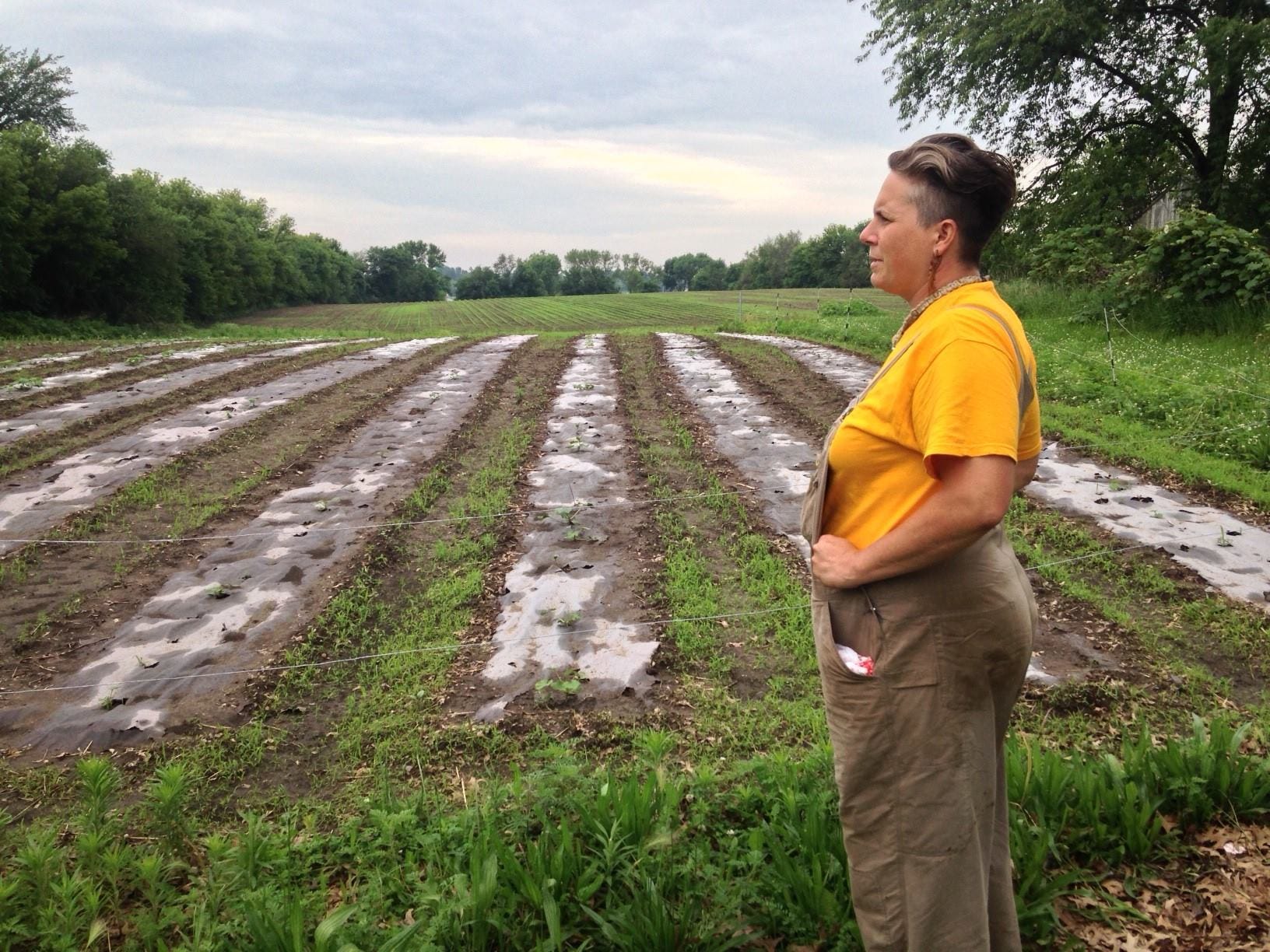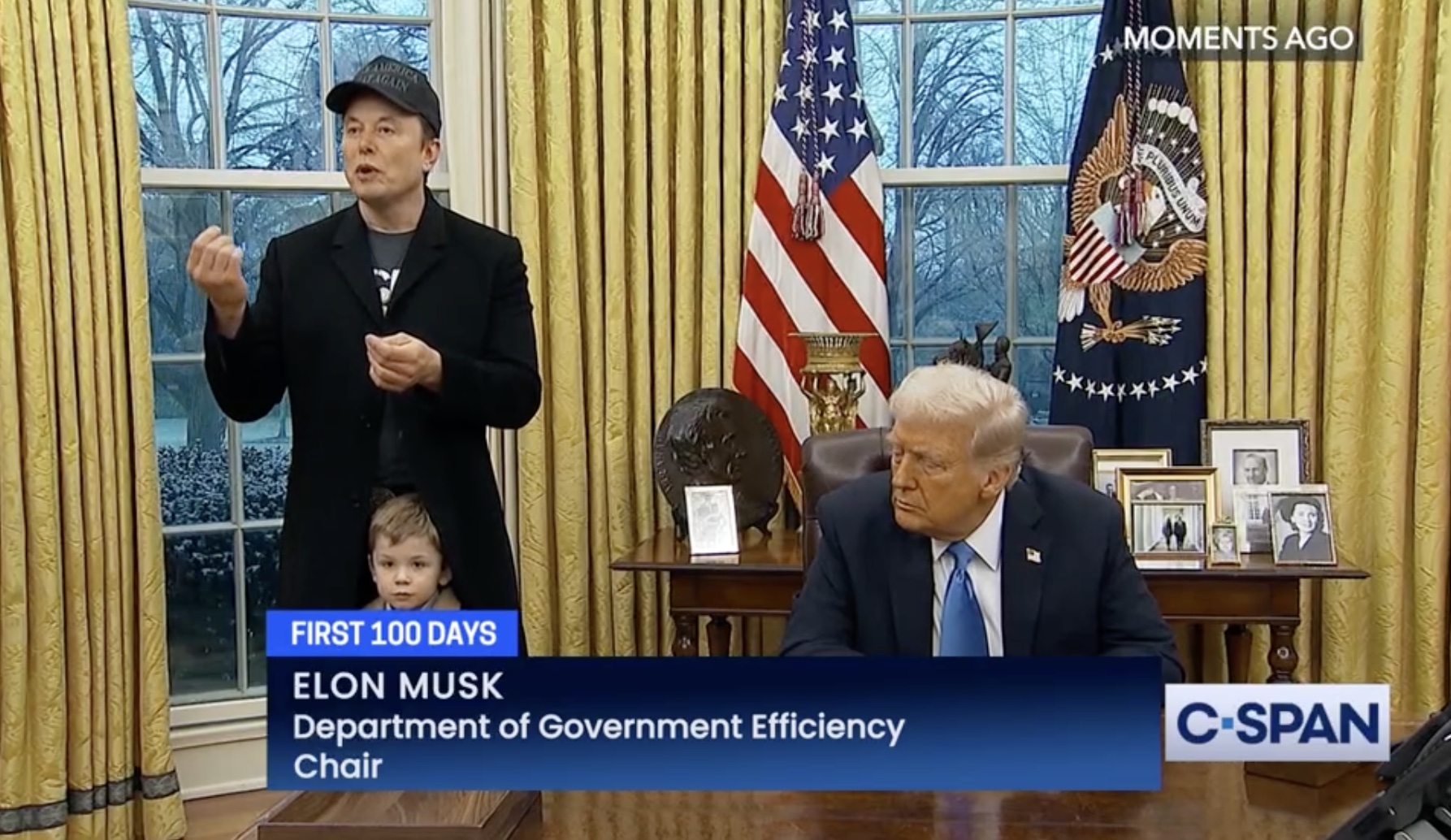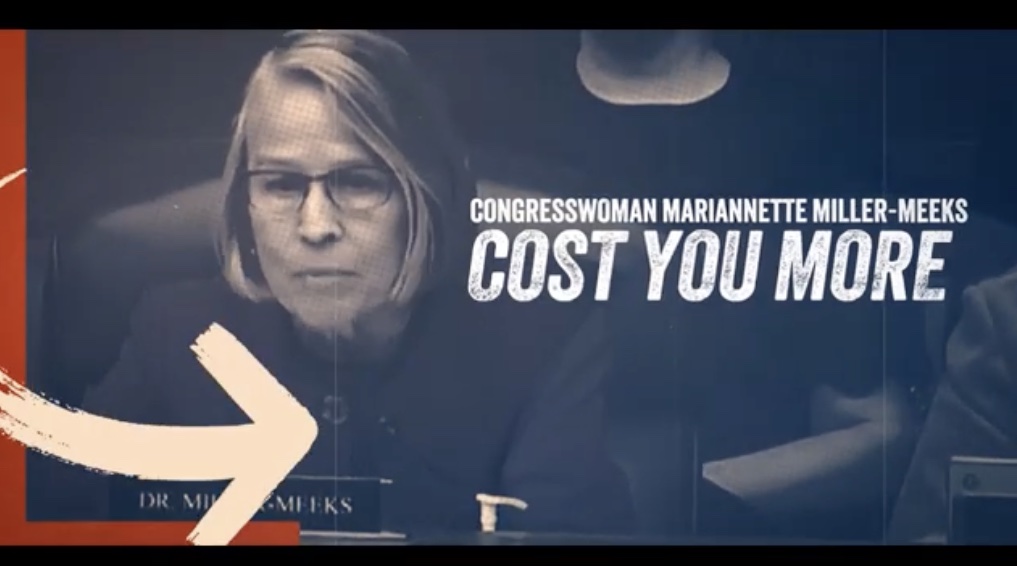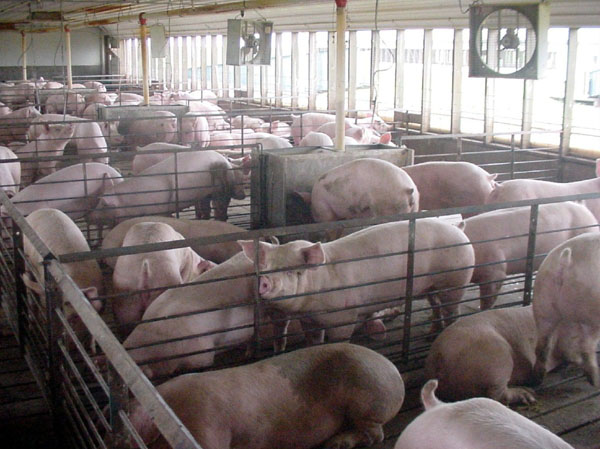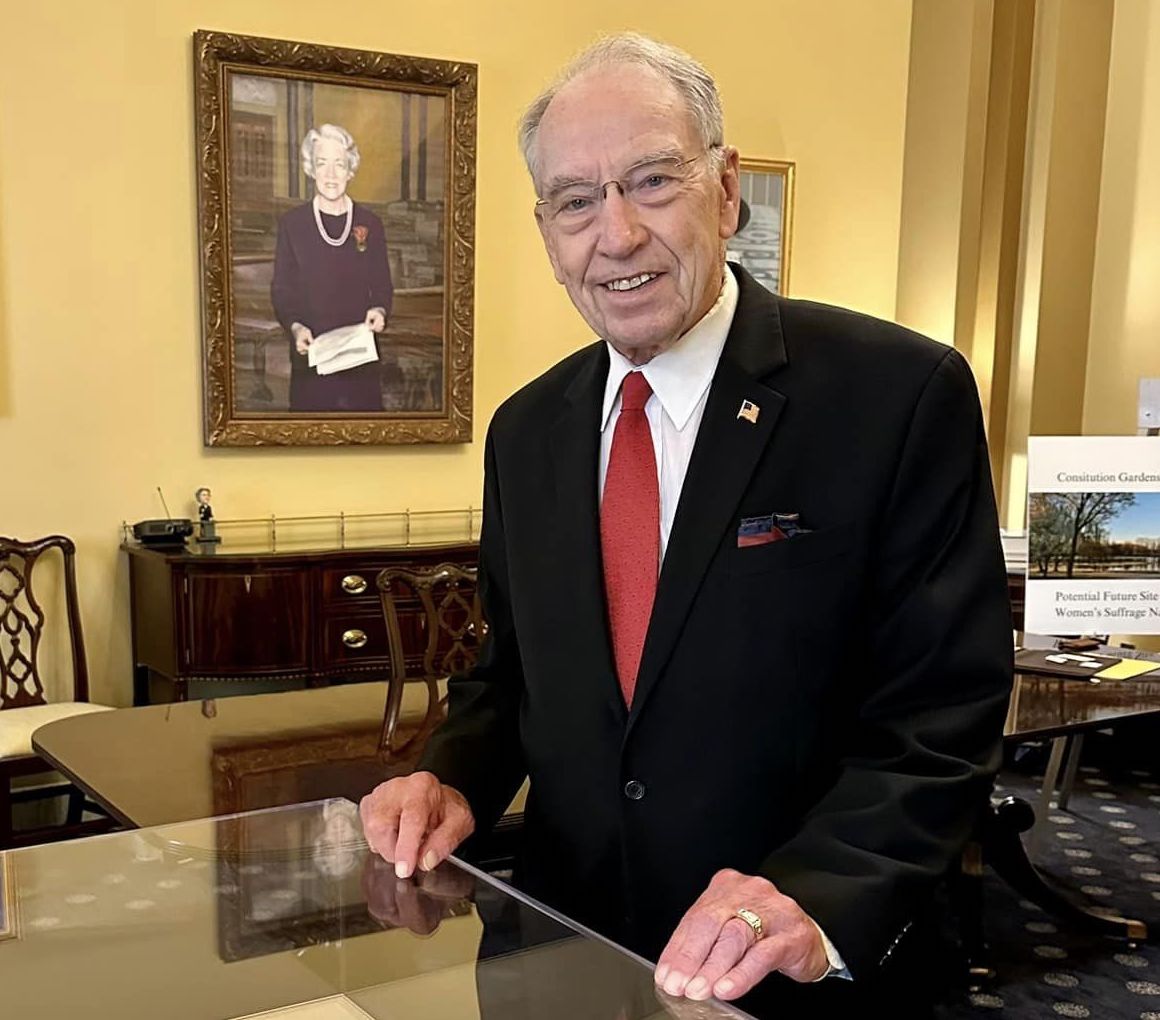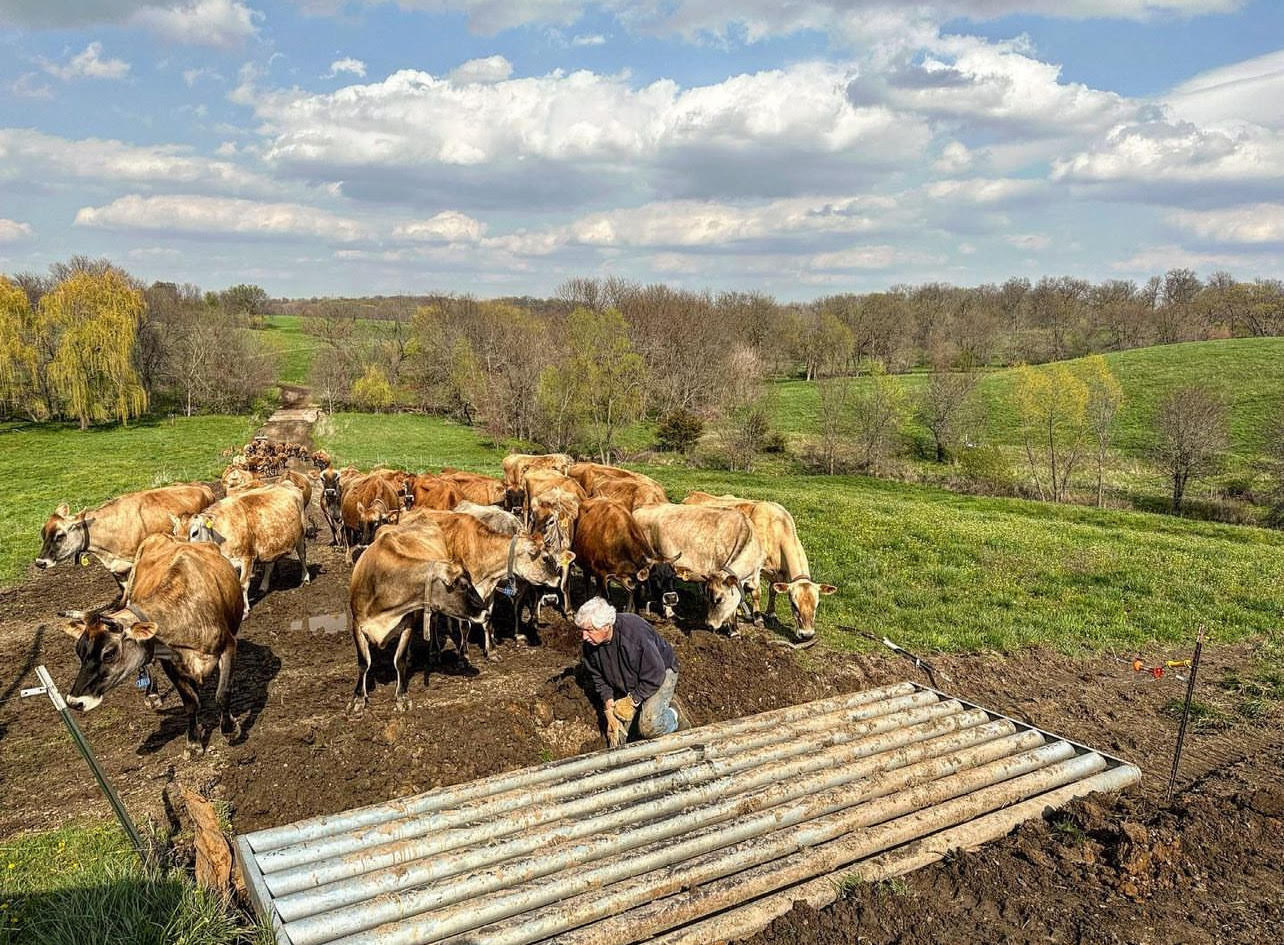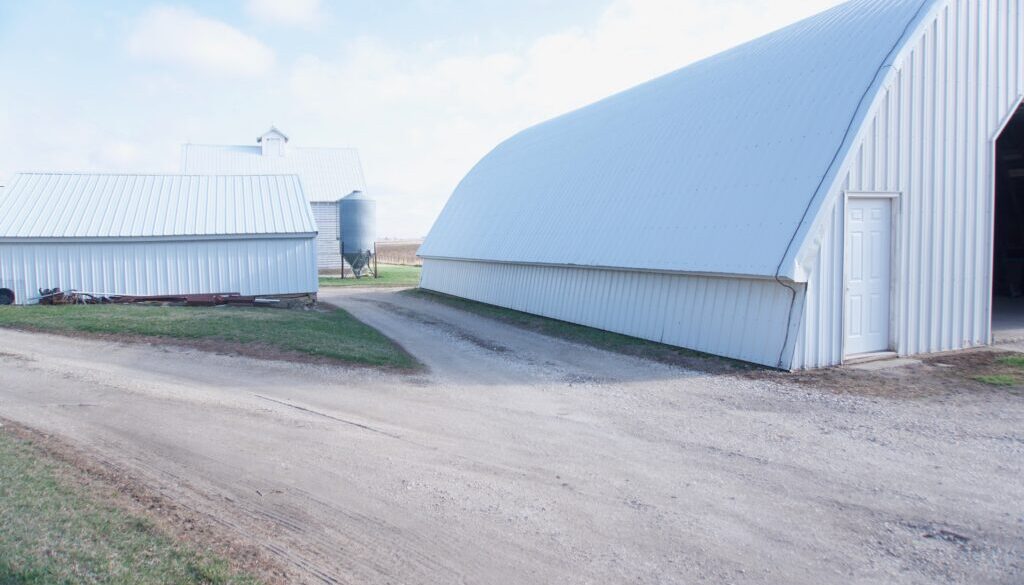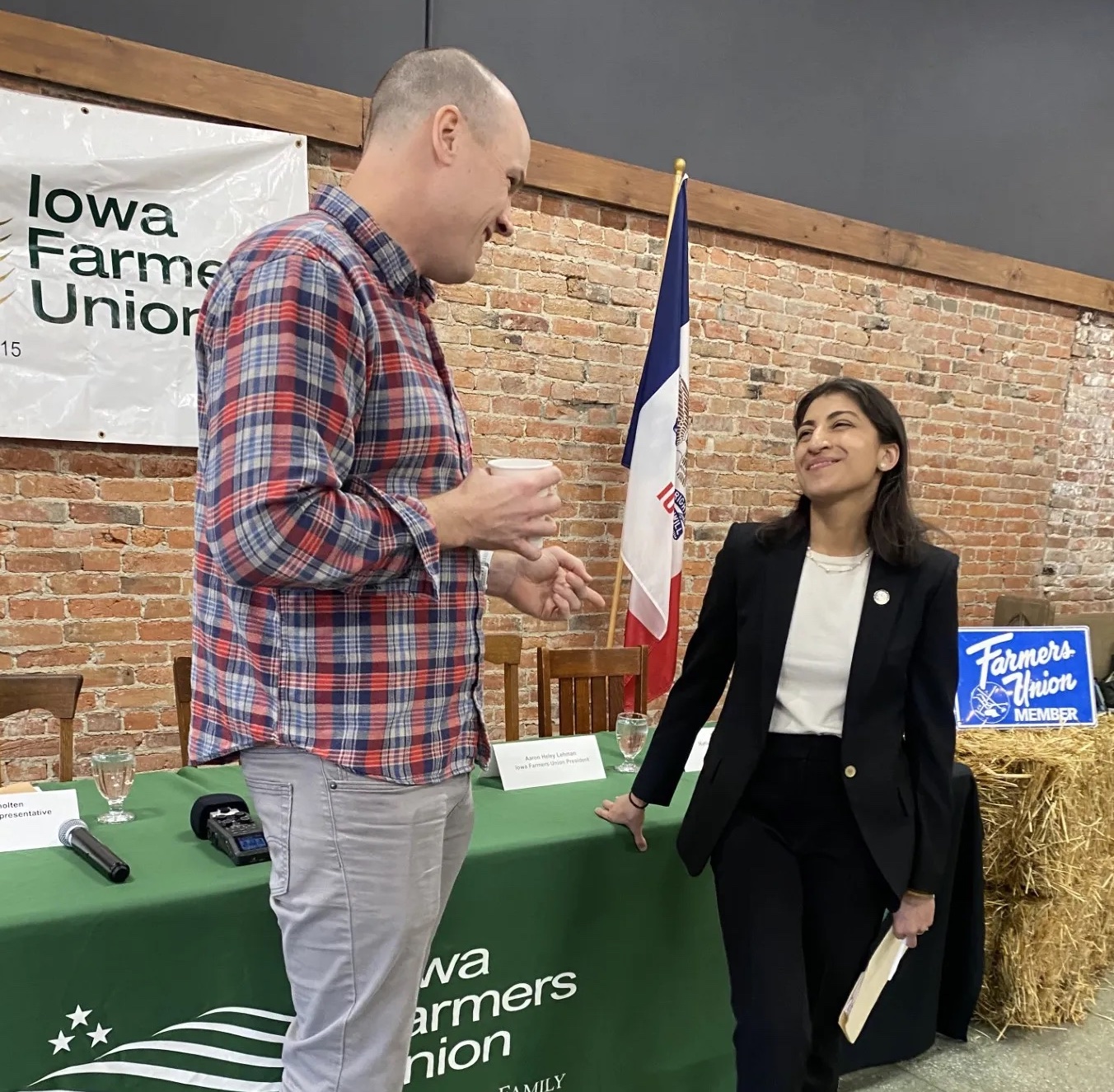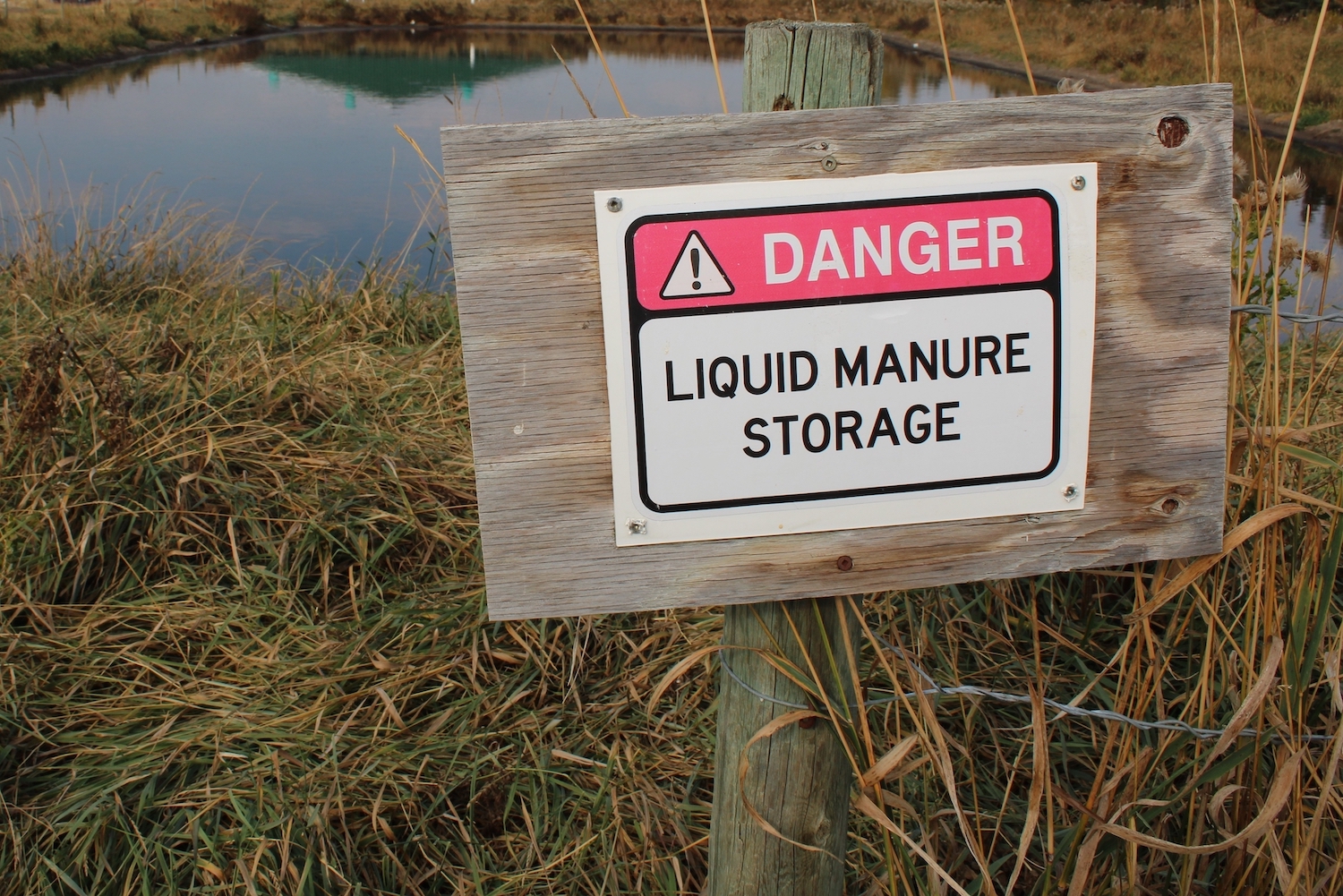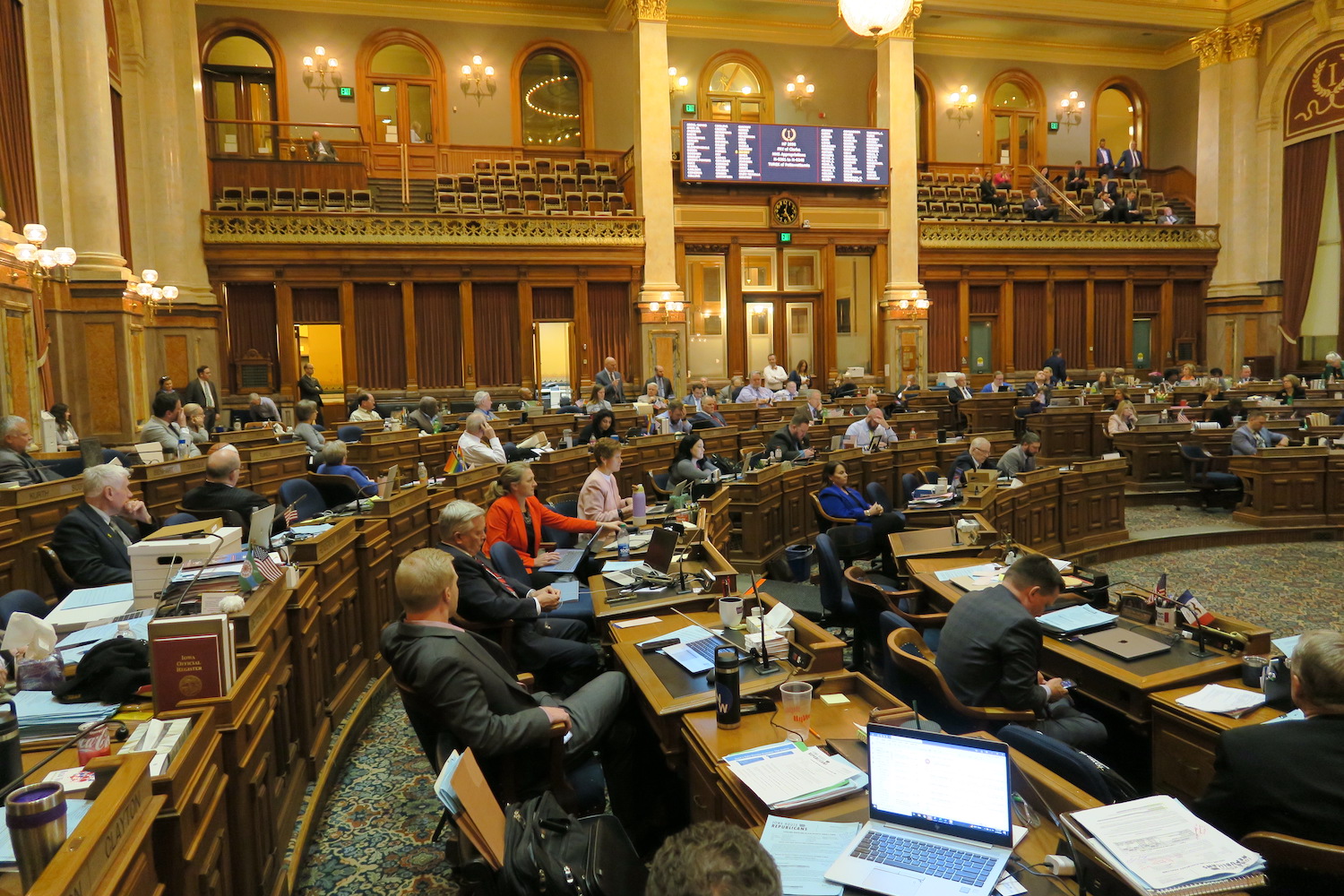Robin Opsahl covers the state legislature and politics for Iowa Capital Dispatch, where this article first appeared. Brooklyn Draisey, Cami Koons, and Clark Kauffman contributed to this report.
Republicans’ supermajorities in both chambers of the Iowa Legislature allowed them to push several high-profile bills to the governor throughout the legislative session – but many of the thousands of bills discussed this session failed to advance.
Lawmakers adjourned for the 2025 legislative session early on May 15 after a night of debate and closed-door caucus meetings and nearly two weeks after the session was scheduled to end. Republicans were able to reach agreements on May 14 to pass several of the policy bills that had failed to advance earlier in the session, including Governor Kim Reynolds’ bills providing paid parental leave for state employees and reducing the state’s unemployment insurance taxes on employers.
Earlier in the year, the Republican-controlled chambers moved quickly to pass a bill removing gender identity from the Iowa Civil Rights Act. Other measures passed through with less coordination—legislation on eminent domain use in carbon sequestration pipelines only made it to a vote on May 12, following a concerted effort by twelve GOP senators who said they would not support any budget bills until the pipeline bill was brought to the floor.
Continue Reading...

